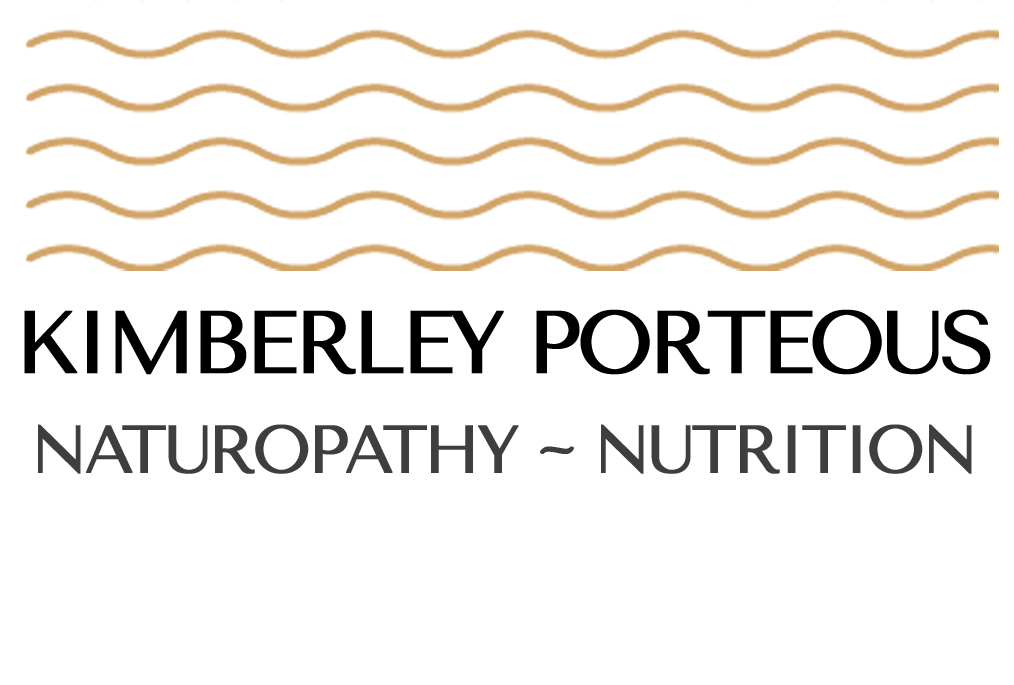
A painful gut and passing multiple bowel movements a day is not just bothersome, it could be a sign of something more sinister. Here’s how to tell if you may have Inflammatory Bowel Disease (IBD) and what to do about it.
Inflammatory Bowel Disease (IBD) is a condition where inflammation has damaged the digestive tract, resulting in pain and unwanted digestive symptoms.
Crohn’s disease (CD) and ulcerative colitis (UC) are the two major types of IBD. While these are distinct conditions, they share many overlapping symptoms.
Both conditions are associated with lesions or ulcers in the mucosal lining of the gastrointestinal tract along with inflammation of the intestinal wall. In CD these patchy lesions can affect any part of the gastrointestinal tract from the mouth down (although are most commonly found in the small intestine). In UC the lesions only affect the large intestine and the rectum.
Both CD and UC are considered autoimmune conditions and are often inherited. But while genes load the gun, it’s the environment that actually pulls the trigger. Diet, environmental toxins, drug use and nutritional imbalances all play a role in whether somebody develops IBD: consumption of soft drinks increase risk, as does the use of antibiotics and NSAIDs, as well as vitamin D deficiency. Cigarette smoking can also increase the risk of CD.
Signs and symptoms of IBD
- Blood and/or mucus in stools
- Abdominal pain and cramping, or griping pain
- Diarrhoea, or multiple daily bowel movements
- Weight loss
- Pain on passing a stool
- Fatigue, commonly caused by anaemia
- Incontinence (difficulty preventing the passing of a stool before reaching a toilet)
- Periods of constipation can also occur between bouts of diarrhoea
Both conditions will cycle between active and remission phases, so these symptoms may worsen and then subside somewhat, before returning.
Many of these symptoms are also present in Irritable Bowel Syndrome (IBS), which is an entirely different condition which requires different treatment. This is why a faecal calprotectin test can be useful to differentiate between the two, to help guide treatment.
Diagnostic tests for IBD
A faecal calprotectin test, which measures the amount of calprotectin present in your stool, is a non-invasive way to detect whether you may have IBD because more calprotectin is present if you have a high amount of inflammation in your gastrointestinal tract. A lower calprotecin level would suggest IBS rather than IBD. This sort of test is a lot easier and cheaper than having to undergo a colonoscopy, so is much preferred as an initial diagnostic method.
A high calprotectin level is not specific to IBD however: it can also suggest other conditions which cause significant gut inflammation. However it does prevent the need for a colonoscopy in many cases; if the calprotectin levels are reasonably low, the symptoms may be the result of Irritable Bowel Syndrome rather than IBD.
A high calprotectin level should be followed up by an ileocolonoscopy to confirm the presence of IBD and determine whether CD or UC is present, and to confirm or rule out another condition such as colon cancer.
Treatment options for IBD
Conventional medical treatment of IBD often involves drugs such as sulfasalazine and mesalamine to reduce inflammation, immunosuppressants such as methotrexate, azathioprine, mercaptopurine, cyclosporine and infliximab, and corticosteroids.
However, most of these medications have serious side effects in many patients and are not always effective. They also fail to improve the patient’s immune system, increasing the risk of developing cancer and opportunistic infections, and reducing the patient’s ability to manage the IBD well.
Naturopathic complementary medical treatment uses an evidence-based treatment approach which treats the underlying causes.
Natural IBD treatment aims
Naturopathic treatment aims to:
- Remove the factors causing the immune burden which lead to the development of IBD;
- Strengthening the patient’s immune function to reduce IBD activity and the development of additional immune and autoimmune disorders;
- Improve the digestive function so the patient can once again absorb nutrients from their diet, to aid healing and prevent further disease development;
- Nourish the gut microbiota to reduce painful inflammation and improve the patient’s immune response;
- Repair the gastrointestinal lining to reduce pain and inflammation, and repair the damaged gut lining;
- Reduce stress which influences both the development and exacerbation of IBD, due to its ability to alter immune function, increase intestinal permeability, and worsen intestinal inflammation.
Natural IBD treatment methods
Naturopathic treatment uses diet, prebiotics, probiotics and nutritional supplements to achieve all of these aims and help manage IBD so the patient can return to an excellent quality of life. Treatments often include:
- A whole-food, anti-inflammatory diet removing known dietary triggers like trans fats, omega-6 fats and refined sugars, is effective at reducing symptoms, encouraging healing and preventing relapse of IBD;
- Certain probiotic strains can reduce diarrhoea, and have been shown in meta-analyses or randomised controlled trials to help achieve remission in active UC by modulating the overactive immune response seen in IDB, producing beneficial short-chain fatty acids, excluding pathogenic gut microbes and enhancing the gut mucosal lining;
- Prebiotic fibres reduce cell proliferation in the gut, supply food for beneficial gut microbes and reduce gut inflammation;
- Nutritional supplementation is often required to address long-term nutrient deficiencies caused by the damaged gut lining and the rapid transit time seen with diarrhoea, which severely hinders the absorption of nutrients from our food. Serious deficiencies in nutrients such as iron, zinc, calcium, folate and vitamin B12 are responsible for multiple and varied health complications unrelated to our digestive system: anaemia and osteoporosis are two examples. Vitamin D deficiency increases IBD risk and helps dampen down an overactive immune system which contributes to IBD. A difficulty with digesting fat, common in IBD, will negatively impact levels of reproductive hormones, leading to possible menstrual difficulties and mood disorders.
Natural IBD treatment benefits
Naturopathic treatment has been shown to reduce pain and the other symptoms of IBD to improve patients’ quality of life and prevent it from progressing further. It also improves the patients’ overall health and reduces the risk of more serious diseases from developing.
Naturopathic treatment achieves this without the adverse side effects of drug treatment. It can also prevent the patient from having to undergo invasive surgery.
If naturopathic treatment is used in conjunction with drug therapy, it lowers the risk of adverse effects from the drugs.
If you are struggling with ulcerative colitis, Crohn’s disease, or IBD-type symptoms, get in touch so we can see if I can help relieve your condition and bring you into remission, or book an appointment here.
